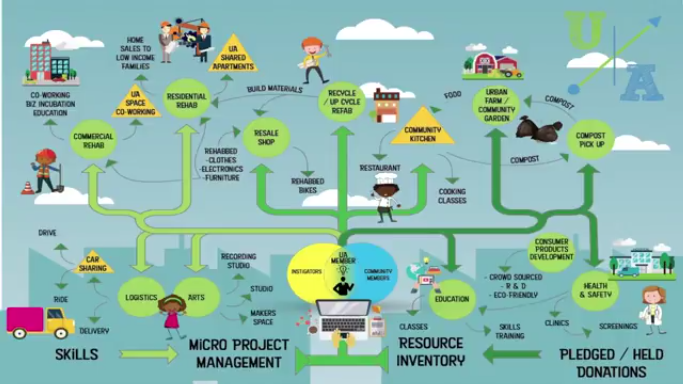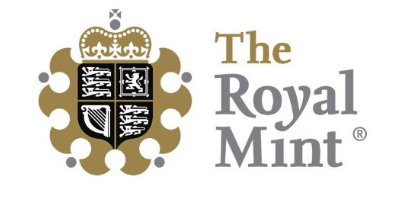 We have seen many Digital Assets talk about how Blockchain technology can help create a fairer society, i.e. democratize investing by tokenization of illiquid assets such as property or help the unbanked, but what is the reality?
We have seen many Digital Assets talk about how Blockchain technology can help create a fairer society, i.e. democratize investing by tokenization of illiquid assets such as property or help the unbanked, but what is the reality?Well, in 17 cities across South Korea authorities are looking at how they could incentivize commuters to start cycling to work and reward them with tokens. Currently, South Korea has only 2% of commuters who cycle, compared to Holland, where up to 33% get on their bike to go to work.
Meanwhile, South Korea is hoping to introduce a rewards program using the S-Coin token, rewarding citizens who pay local taxes and road tax bills online, receive health check-ups or vote in opinion polls. The S-token will be redeemable in participating stores via QR codes later this year.
The authorities in South Korea are also intending to add digital authentication for public services and integrate Blockchain technology to help send documents. It is intended that part-time workers will be able to sign simple contracts with employers, using a Blockchain-powered platform enabling employment history and financial details to be held securely and tracked in one place. The intention is that by 2020, Seoul would develop other ways to integrate Blockchain technology into healthcare, charitable giving and verification of citizens’ documentation.
In the USA, according to a Stanford Graduate School of Business report that looked at 193 organizations using Blockchain for social impact, 74% are still in “pilot” mode. While it is premature to conclude the success of these initiatives, this report serves to illustrate the engagement of Blockchain technology and tokens with social impact projects.
Some interesting examples of social impact projects that are “up and running” are Plastic Bank, in Haiti, which has been rewarding locals to collect plastic and then paying them with tokens. Further examples are illustrated in an article by Breaker Mag, which listed a selection of different organizations that are using Blockchain technology and/or have issued tokens as part of “social impact for good” projects.
Nudge economics has been widely adopted for years to encourage citizens to change their behaviour, putting seat belts in cars, giving you a selection of dustbins to recycle your rubbish, etc. So, offering tokens to change behaviour, i.e. retail loyalty schemes or potentially earning Libra coin for spending more time on Facebook is nothing new. However, using Blockchain technology and tokens to encourage these types of behaviour for social good is another story.





